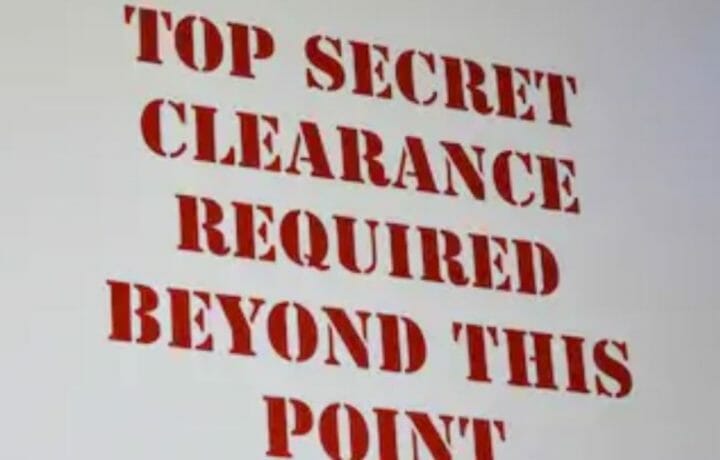Mention the term “polygraph,” and many security clearance applicants become noticeably uncomfortable. It’s often less a fear of exposing deeply buried secrets – although that certainly can be part of it – than it is a fear of the unknown. Although polygraph tests have been around for decades, there remains much myth and uncertainty surrounding them.
From a security clearance standpoint, polygraphs come in two varieties: the full-scope and the counter-intelligence. The question areas in a counter-intelligence polygraph are perhaps little surprise given the name: service to a foreign government or intelligence agency; safeguarding of classified information; and, potential blackmail or bribery issues. The full-scope polygraph, on the other hand, is as potentially broad as the SF-86.
What You won’t be asked
If you’re nervous about the prospect of a polygraph, it may be helpful to first understand what the examiner won’t ask you. With extremely rare exception, examiners are barred from asking about sexual history or preferences, private (un-acted upon) thoughts, or hypothetical questions about what you would or would not do in a certain scenario. Rather, the questions will be factually-based, “yes-no” questions about areas of your past which may be of concern. (Example: Have you ever used illegal drugs?) Just be honest with yourself: what are the areas of your background that you think will warrant additional verification?
The Value of the fear factor
My professional opinion is that the government’s real motivator for use of the polygraph is scare value. People fear what they don’t understand, and that fear has been perpetuated by Hollywood’s portrayal of the polygraph as a “lie detector.” Although some experts (usually the polygraph examiners) are adamant about the polygraph’s ability to detect deception, the fact remains that U.S. courts take a dim view of the science behind the process. Unilaterally obtained polygraph evidence is almost never admissible against a defendant at trial. In fact, polygraph evidence has been found by most courts to be “prejudicial, misleading, and a waste of time” under Federal Rule of Evidence 403.
As a result, the polygraph is more about getting scared people to admit what they would have otherwise omitted on their SF-86 than it is about actually digging up deception independently. Bearing that in mind, here is the reality: the scare tactic works subconsciously on many people. Like admissions of unreported criminal conduct on an SF-86, criminal admissions made to a polygraph examiner out of nervousness can be used against the examinee in court as evidence of his or her guilt. That’s something to think about before your next polygraph.
This article is intended as general information only and should not be construed as legal advice. Consult an attorney regarding your specific situation.


